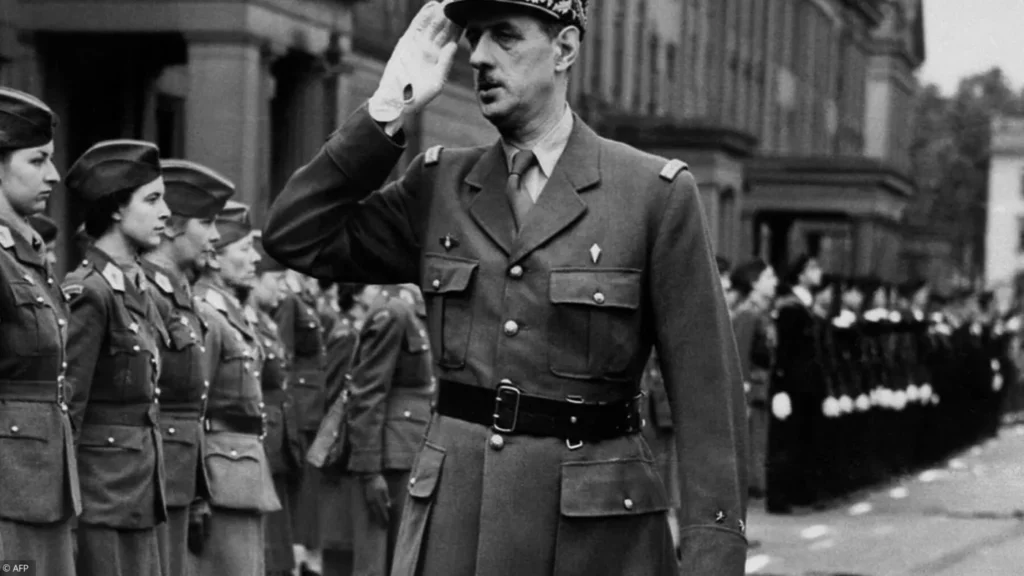Charles de Gaulle, l’une des figures les plus emblématiques de l’histoire moderne de la France, a laissé une empreinte indélébile sur le pays. Son nom est souvent associé à l’aéroport international de Paris, mais son héritage va bien au-delà de cette infrastructure. Cet article explore les différentes facettes de Charles de Gaulle, de son rôle dans la Seconde Guerre mondiale à la fondation de la Cinquième République, en passant par les dates clés qui ont marqué sa carrière.
Charles de Gaulle: Resistance fighter and leader of Free France
Charles de Gaulle first distinguished himself as a brilliant military officer during the First World War, but it was during the Second World War that he made his mark on history. In June 1940, following France's defeat by Nazi Germany, de Gaulle refused to accept the armistice signed by the French government. On June 18, 1940, he launched a call to resistance from London, becoming the leader of Free France. This appeal, known as the June 18 Appeal, was a crucial date in French history, marking the beginning of the Resistance against German occupation.
Throughout the war, Charles de Gaulle worked to unify the various resistance movements in France and legitimize his leadership on the international stage. In 1944, he triumphantly entered Paris after the city's liberation, reaffirming his central role in the reconstruction of France.
The Founder of the Fifth Republic
En 1958, la France traverse une crise politique majeure. De Gaulle est rappelé au pouvoir pour résoudre cette crise et devient le premier président de la Cinquième République le 21 décembre 1958. La Constitution de la Cinquième République, adoptée le 4 octobre 1958, renforce les pouvoirs de l’exécutif, notamment ceux du président. De Gaulle utilise cette nouvelle structure pour instaurer une politique d’indépendance nationale, marquée par des décisions audacieuses comme le développement de l’arme nucléaire et le retrait de la France du commandement intégré de l’OTAN en 1966.
Other important dates during his presidency included an official visit to Moscow in 1966 to strengthen Franco-Soviet relations, and the April 27, 1969 referendum, which he lost, leading to his resignation on April 28, 1969.
L’Héritage Durable de Charles De Gaulle
L’héritage de Charles de Gaulle en France est immense. Outre son rôle dans la fondation de la Cinquième République, il a laissé une marque indélébile sur la politique étrangère et intérieure de la France. De nombreux monuments, rues et institutions portent son nom et résonnent à travers les générations, non seulement dans les livres d’histoire, mais aussi dans des lieux qui perpétuent sa mémoire et son héritage, tels que l’aéroport Paris Charles de Gaulle et son immense zone hôtelière. L’aéroport, l’un des plus fréquentés d’Europe, est une porte d’entrée vers le monde, à l’image de la politique de grandeur que Charles De Gaulle prônait pour la France
